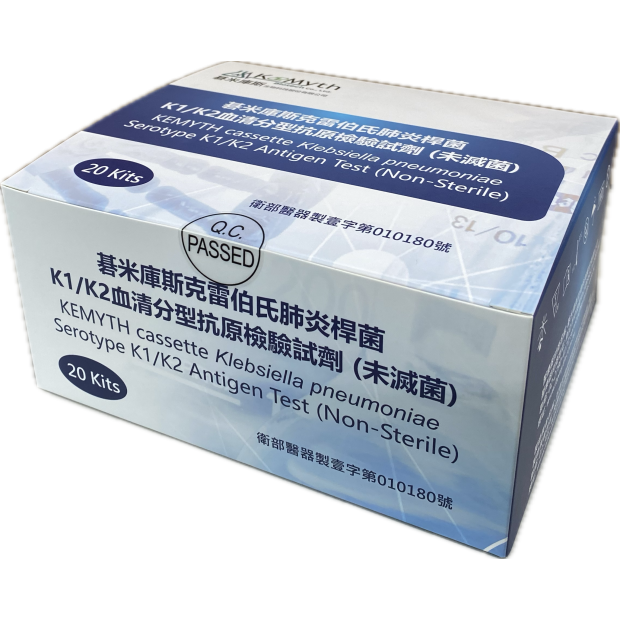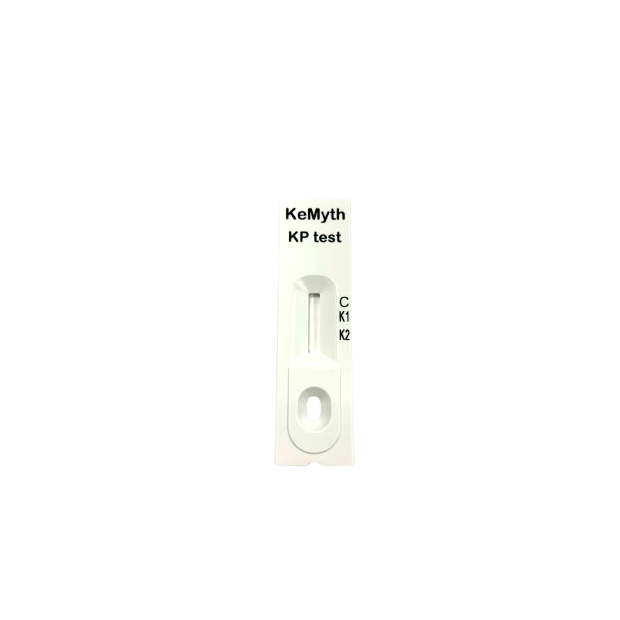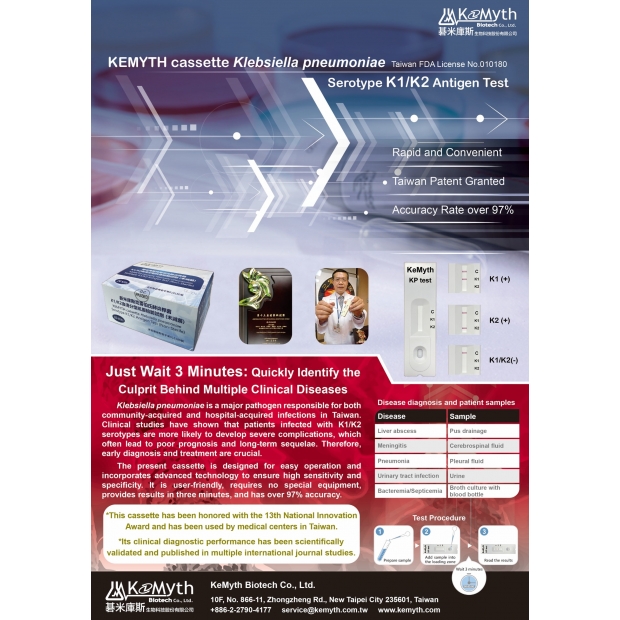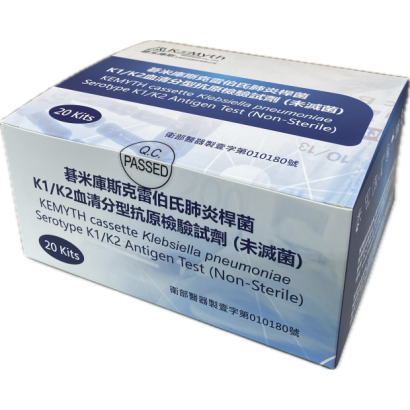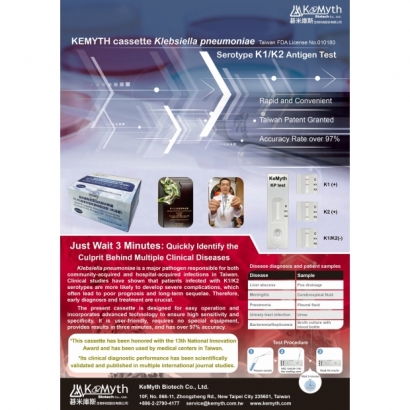The World Health Organization (WHO) released a Disease Outbreak News report on July 31, 2024, highlighting the global situation of hypervirulent Klebsiella pneumoniae (hvKp) strains exhibiting antimicrobial resistance. These hvKp strains are notably associated with severe community-acquired infections, including liver abscesses, meningitis, and endophthalmitis, predominantly in healthy individuals. The report emphasizes the increasing concern over hvKp's resistance to multiple antibiotics, complicating treatment options and posing significant public health challenges.
Capsular serotypes K1 and K2 are recognized as hyperinvasive and are commonly associated with community-acquired liver abscesses and pneumonia. Traditionally, serotyping of K. pneumoniae has been performed using PCR and serum-antibody agglutination. The present testing cassette, a colloidal gold-based immunochromatographic strip, offers a simpler and more rapid detection method, allowing for the simultaneous identification of serotypes K1 and K2. This kit has obtained a sales license from the Taiwan FDA (License No. 010180) and has been adopted by medical centers across Taiwan. Its clinical diagnostic performance has been scientifically validated and published in multiple international peer-reviewed journals, including Journal of Clinical Microbiology (2016, 54:3018-21), Gut Pathogens (2019, 11:11), and Journal of Microbiology, Immunology and Infection (2022, 55:180-181).
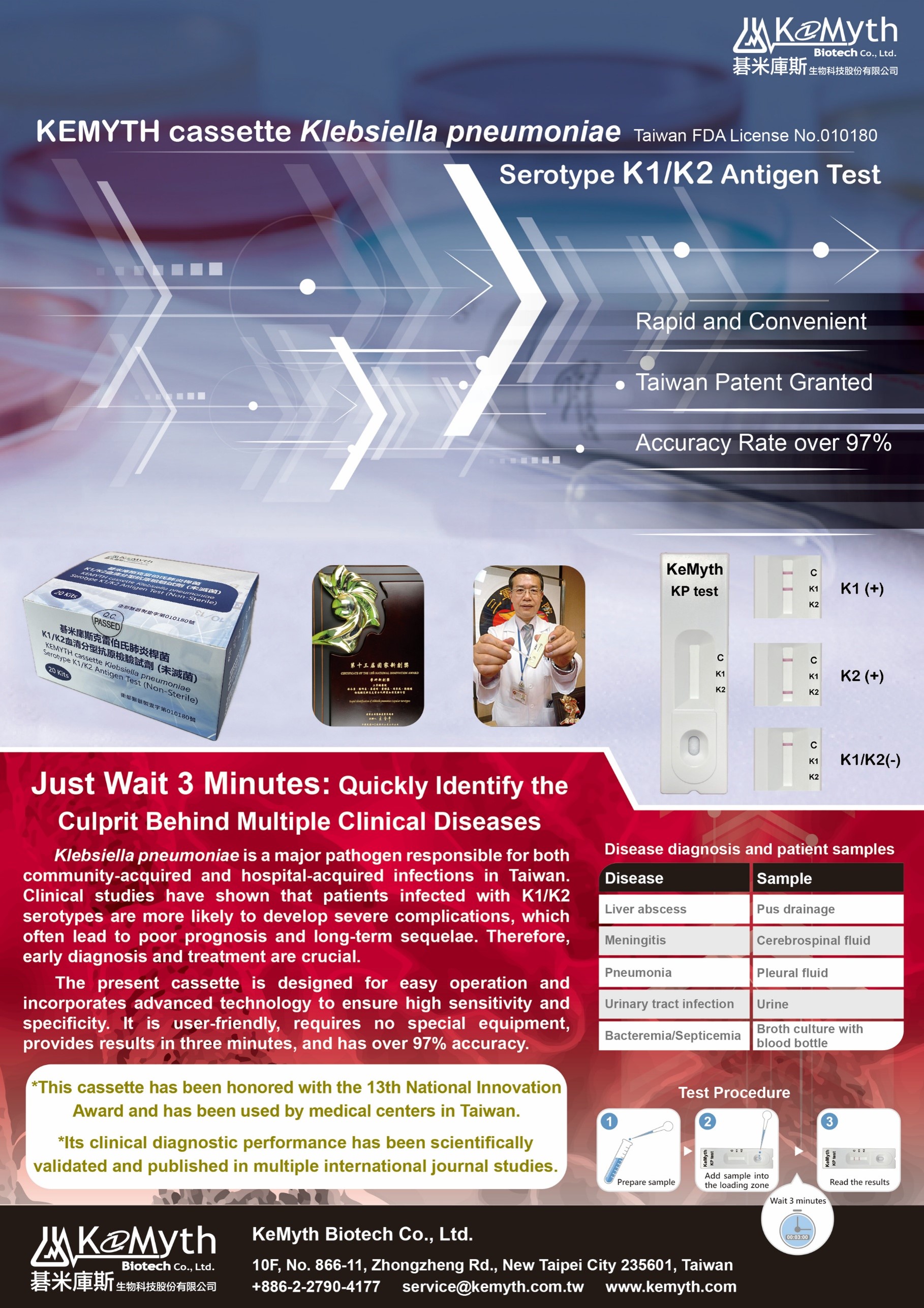
KEMYTH cassette Klebsiella pneumoniae Serotype K1/K2 Antigen Test
KEMYTH cassette Klebsiella pneumoniae Serotype K1/K2 Antigen Test
KEMYTH cassette Klebsiella pneumoniae Serotype K1/K2 Antigen Test
Klebsiella pneumoniae is a pathogen that frequently causes both community-acquired and hospital-acquired infections. It can lead to bacteremia, liver abscesses, upper respiratory tract infections, meningitis, endophthalmitis, and urinary tract infections.
DETAIL

